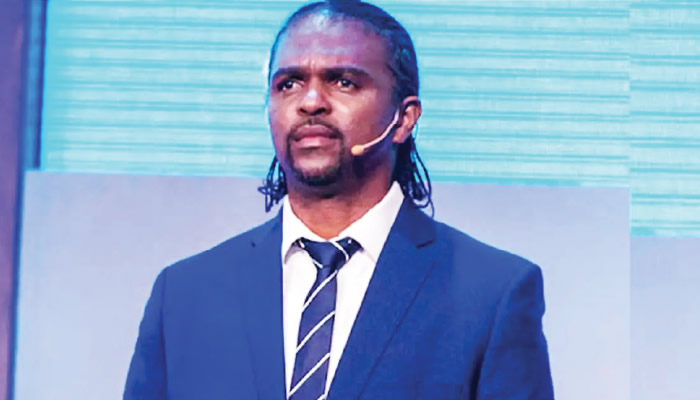Former Nigeria captain Nwankwo Kanu has publicly expressed his support for Augustine Eguavoen to be appointed the permanent head coach of the Super Eagles, suggesting that the Nigeria Football Federation (NFF) should expedite this decision. Kanu’s endorsement comes in light of an ongoing search for a foreign coach to succeed Jose Peseiro, whose contract recently ended following the 2023 Africa Cup of Nations in Ivory Coast. Speaking on Brila FM, Kanu emphasized that Eguavoen is performing well in the interim role and is clearly achieving positive results, urging the NFF not to hesitate in formalizing his position.
Shortly after Kanu’s endorsement, it was reported that the NFF is in discussions with several prominent sponsors, including Aliko Dangote and MTN, regarding the financing of a foreign coach’s salary. NFF president Ibrahim Gusau disclosed this during a budget defense at the National Assembly, where he highlighted the financial complexities currently surrounding the search for a new coach. He acknowledged that while Eguavoen is doing a commendable job, the federation’s capacity to hire a coach from abroad critically hinges on resolving the payment issues, which have become a source of embarrassment for Nigerian football.
Gusau articulated the federation’s historical struggle with timely payments for coaching salaries, revealing how the previous government did not pay former coaches, leaving a considerable debt of 18 months owed to Peseiro before the current administration settled it. The NFF’s pursuit of a foreign coach is thus fraught with financial constraints, which complicates any decision-making process. Gusau’s focus on securing sponsorships illustrates the urgency with which the NFF is trying to stabilize its financial footing in order to reinstate the national team’s competitive edge while navigating the constraints of past fiscal mismanagement.
The federation’s efforts have also faced setbacks, notably a failed agreement with German coach Bruno Labbadia, which was abandoned due to onerous tax regulations in Germany. This development raises concerns about the NFF’s ability to attract and retain qualified coaching talent from abroad under current financial circumstances. It becomes evident that the federation is under pressure to not only find a competent coach but also to ensure that the necessary funds are in place to honor their contract commitments, which has historically been a challenging undertaking.
Meanwhile, Kanu’s call to appoint Eguavoen reflects a growing sentiment among former players and fans who believe that continuity and local expertise may be key to maintaining the team’s performance. His backing suggests a potential pivot in strategy where the NFF might consider internal candidates more seriously, particularly if financial challenges with foreign coaches persist. Eguavoen’s interim successes may provide the NFF with an opportunity to reassess its coaching approach during this transitional period in Nigerian football.
In conclusion, as the Nigerian Football Federation grapples with the choice of appointing a new coach, the discussions around Eguavoen’s permanent appointment highlight the urgency of the situation. With financial uncertainties looming large, a dual focus on securing sponsorship for foreign coaching roles while also considering domestic options like Eguavoen may provide the federation with viable pathways toward revitalizing Nigerian football. Now is a crucial moment for the NFF to act decisively to stabilize the national team and restore its former glory on the continental and global stages.


